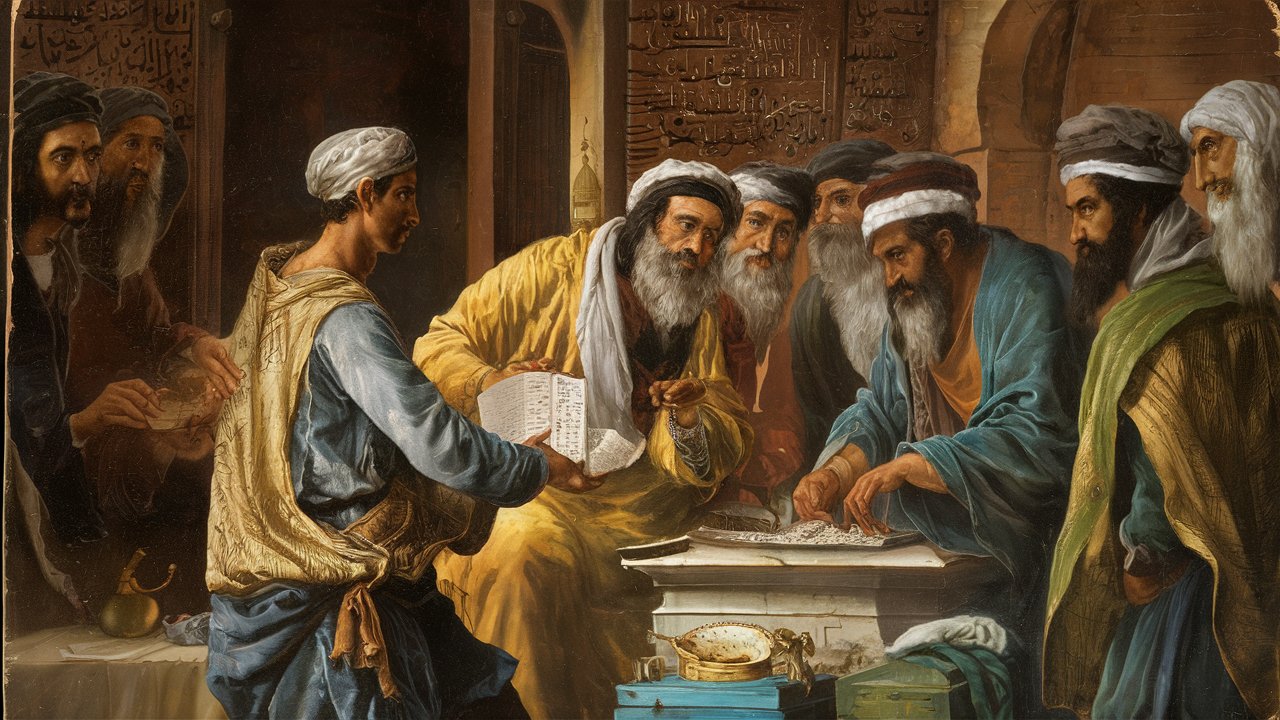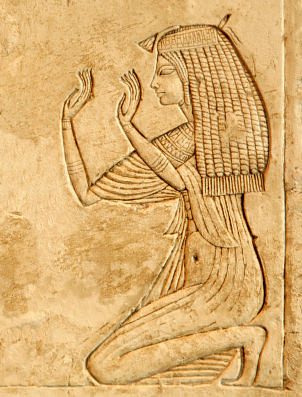The Golden Age of Islamic Science
The intellectual exchange between the Islamic world and Europe played a crucial role in shaping the course of history. During the Middle Ages, Muslim scholars made significant contributions to various fields of knowledge that profoundly impacted European intellectual development. This article explores the key contributions of Muslim scholars to European science, philosophy, and medicine, highlighting the importance of this cultural exchange.
The Golden Age of Islamic Science
The period known as the Golden Age of Islam (8th to 14th centuries) saw remarkable advancements in science and scholarship. During this time, scholars in the Islamic world preserved, expanded upon, and transmitted ancient knowledge to Europe. Their work laid the foundation for many modern scientific disciplines.
Mathematics and Astronomy
Al-Khwarizmi and the Birth of Algebra: One of the most influential figures in the history of mathematics, Al-Khwarizmi, authored a seminal work on algebra that introduced systematic approaches to solving equations. His name gave rise to the term "algebra," and his methods greatly influenced European mathematicians.
Ibn al-Haytham and Optics: Known as the "father of optics," Ibn al-Haytham (Alhazen) made groundbreaking contributions to the study of light and vision. His experiments on refraction and reflection were pivotal in advancing the field of optics and were later studied by European scientists.
Medicine and Health Sciences
Avicenna and The Canon of Medicine: Avicenna (Ibn Sina) was a prominent physician whose work, "The Canon of Medicine," became a standard reference in Europe for centuries. His comprehensive medical encyclopedia covered various aspects of medicine, from pharmacology to surgery, and greatly influenced European medical practice.
Al-Razi and His Medical Innovations: Al-Razi (Rhazes) was a pioneering physician and chemist known for his contributions to the field of medicine, including the introduction of experimental medicine and the classification of diseases. His works, particularly his treatises on smallpox and measles, were widely studied in medieval Europe.
Philosophy and Theological Thought
Averroes and the Commentary on Aristotle: Averroes (Ibn Rushd) was a significant philosopher who wrote extensive commentaries on Aristotle's works. His interpretations of Aristotle's philosophy were crucial in transmitting classical Greek thought to the Western world and influenced European scholars such as Thomas Aquinas.
Al-Farabi and Political Philosophy: Al-Farabi, known for his works on political philosophy and ethics, contributed to the development of political theory in the Islamic world. His ideas on governance and societal organization were later integrated into European political thought.
Preservation and Transmission of Knowledge
Muslim scholars played a critical role in preserving and translating ancient Greek and Roman texts. The translation movement, particularly in centers like the House of Wisdom in Baghdad, ensured that many classical works were preserved and made accessible to European scholars. This transmission of knowledge facilitated the Renaissance and the subsequent advancement of European science and philosophy.
Legacy and Impact
The contributions of Muslim scholars to European knowledge had a lasting impact on various fields. Their works provided the intellectual foundation for the Renaissance and helped shape the development of modern science and philosophy. The exchange of ideas between the Islamic world and Europe highlights the importance of cross-cultural collaboration in advancing human knowledge.
Conclusion: A Shared Legacy of Knowledge
The rich legacy of Muslim scholars demonstrates the profound influence of their intellectual achievements on European history. By bridging cultures and transmitting knowledge, they played a crucial role in shaping the course of Western science, philosophy, and medicine. Their contributions remind us of the interconnectedness of human knowledge and the enduring value of cross-cultural exchange.




Hiç yorum yok:
Yorum Gönder